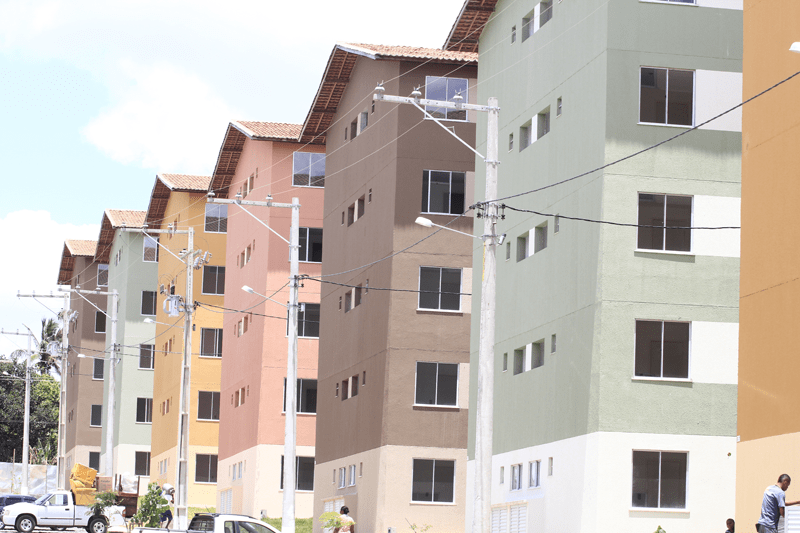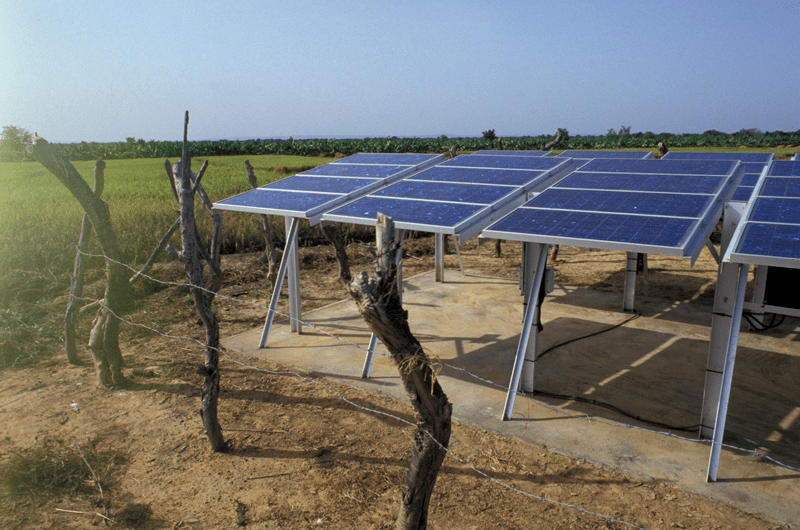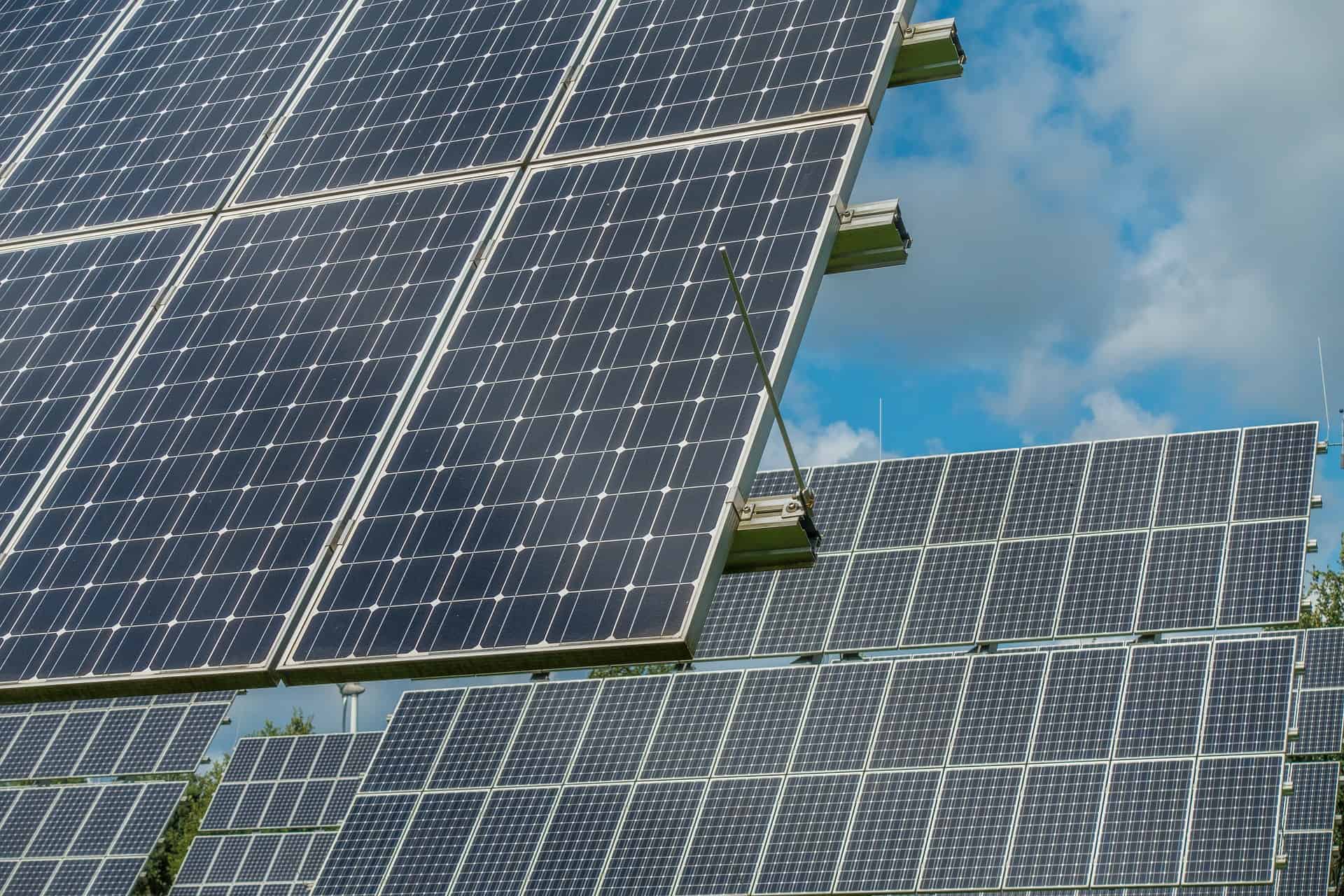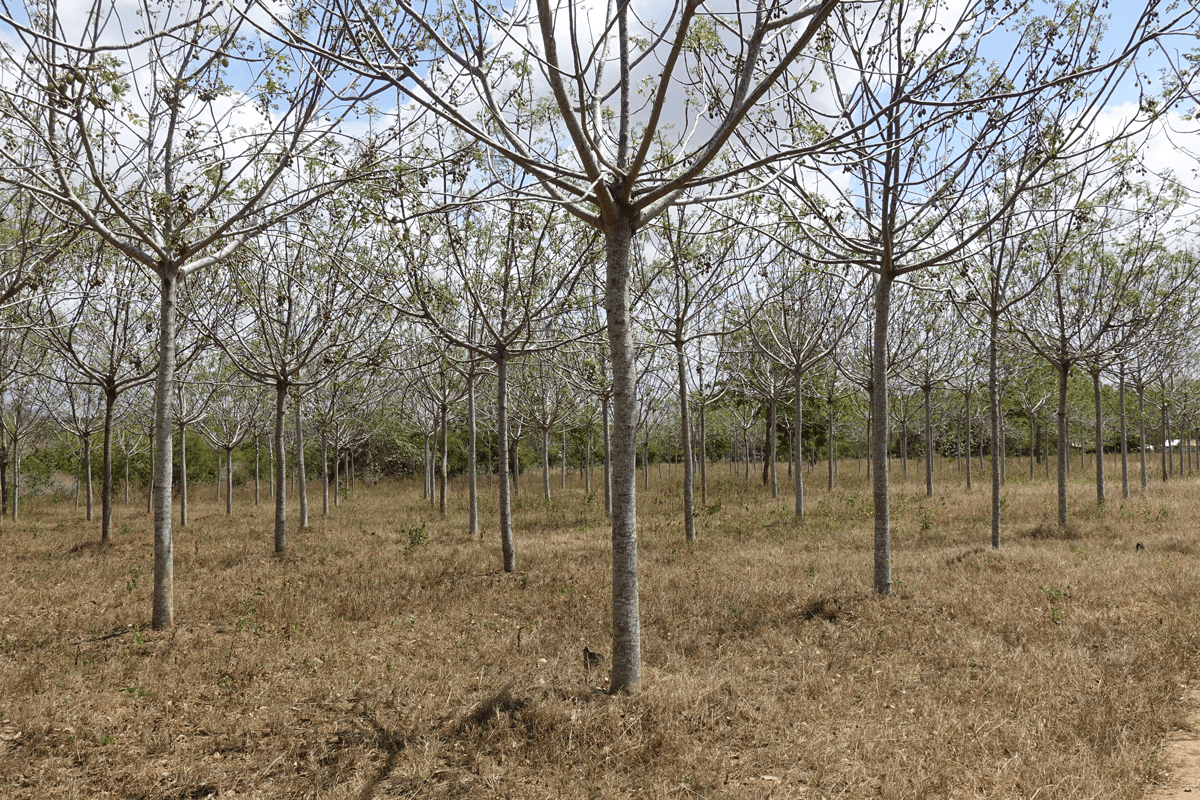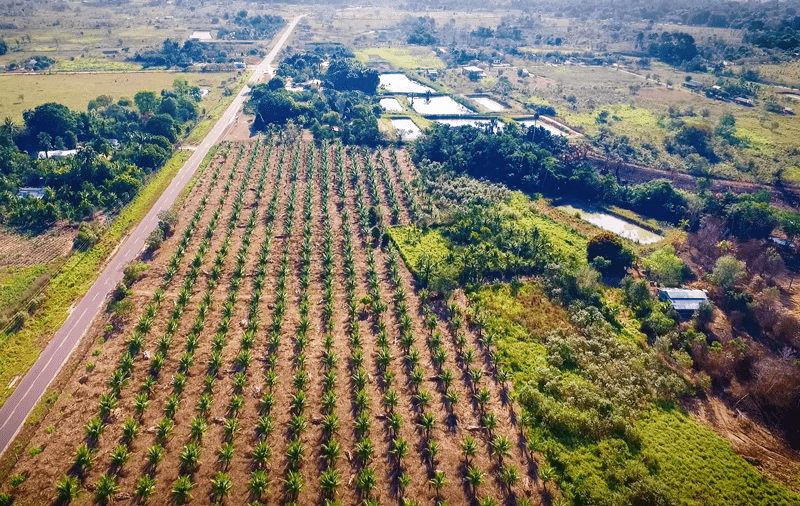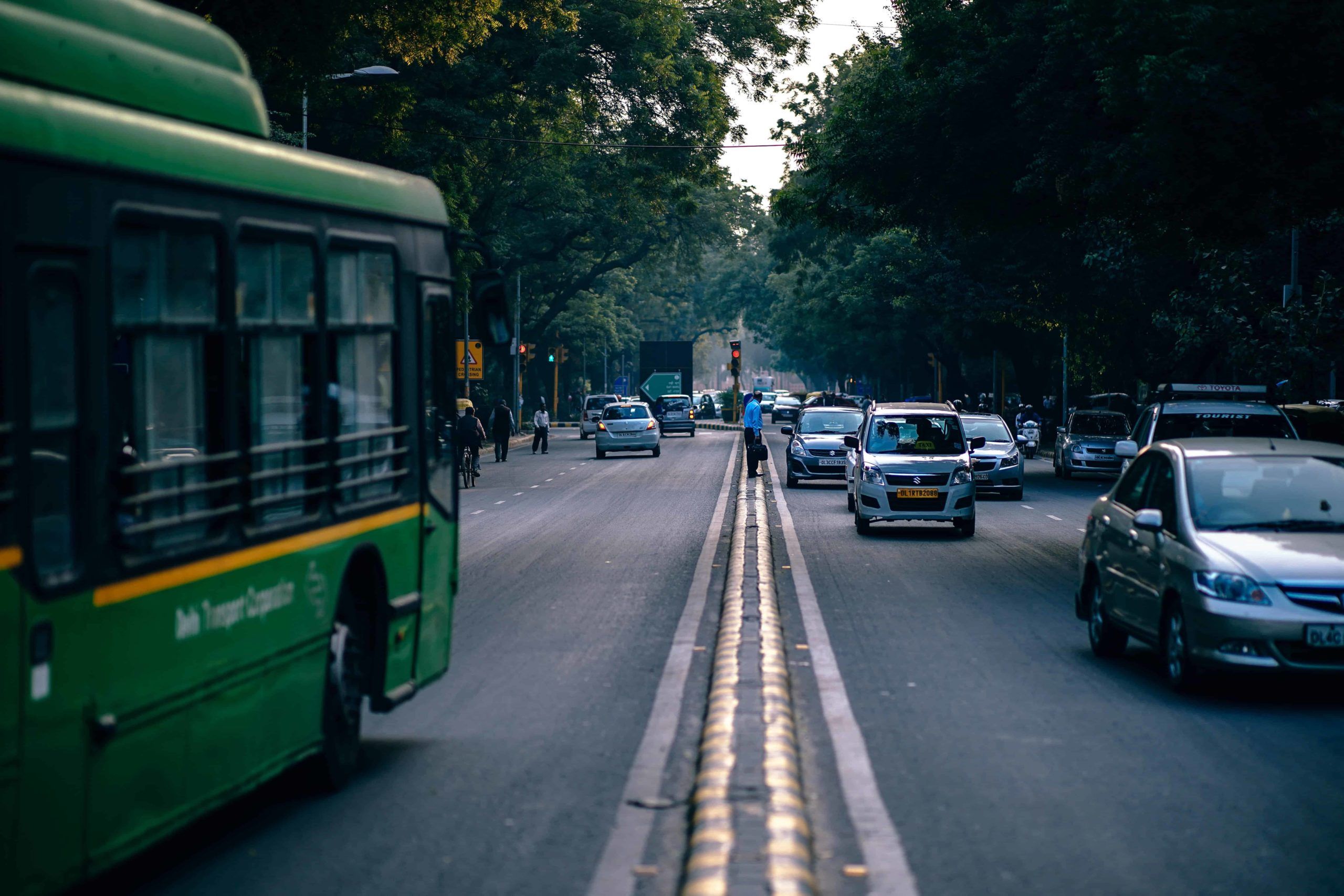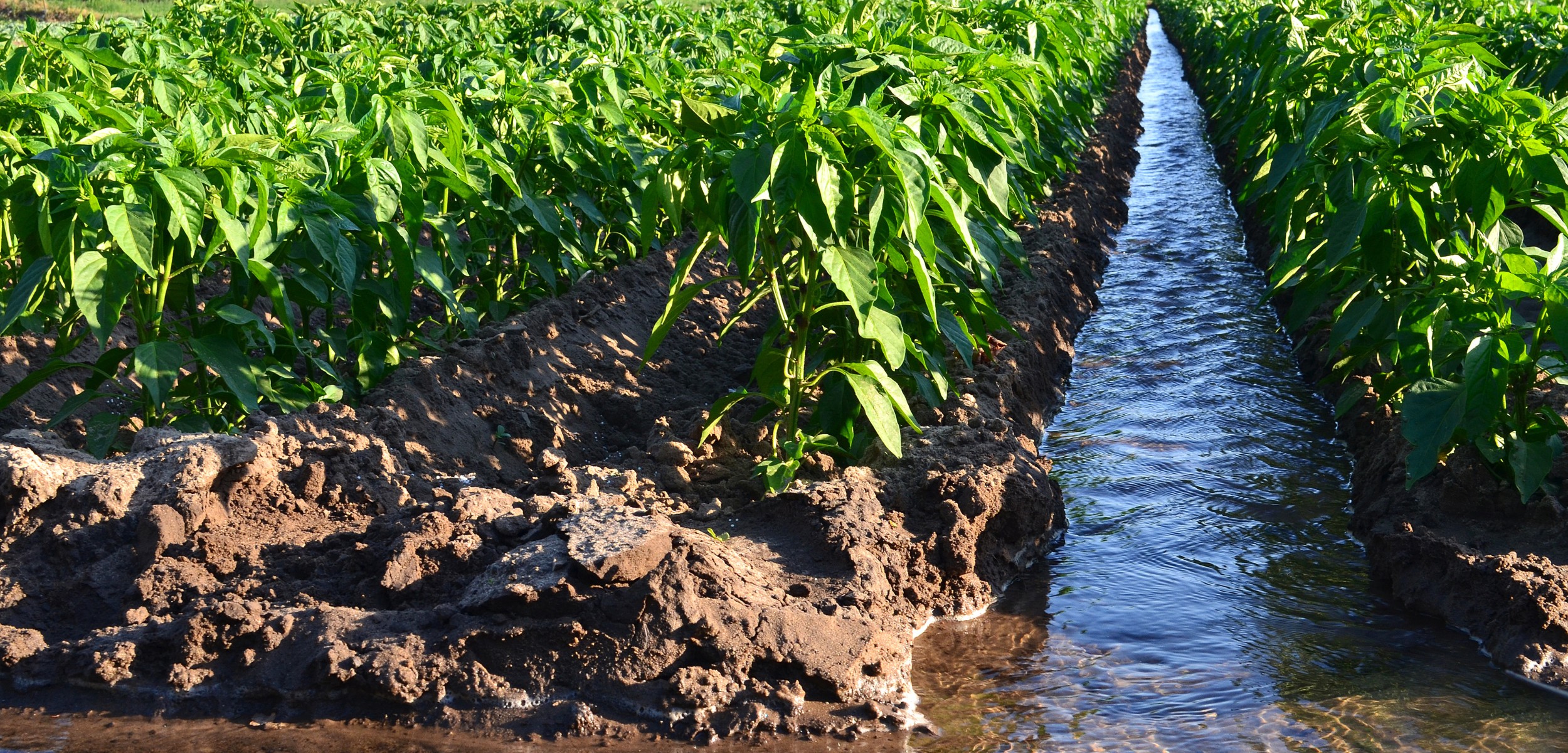Nine new early-stage investment vehicles that aim to drive millions to clean energy, low-carbon transit, and sustainable land use in developing countries, continue to make progress towards launch.
The investment vehicles comprise the Lab’s 2018 class, selected at the start of 2018 from a pool of over 100 crowd-sourced, competitive ideas to mobilize needed investment for low-carbon, climate-resilient development.
The Lab is a public-private initiative composed of experts in sustainable investment from governments, development finance institutions, and the private sector. Since its start in 2014, the Lab has launched 26 finance instruments and businesses that have mobilized over USD $1 billion in sustainable investment.
Lab members include the governments of Germany, the Netherlands, the UK, the US, Brazil, India, and Rwanda; philanthropies such as Bloomberg Philanthropies, the Rockefeller Foundation, and Shakti Sustainable Energy Foundation; and financial institutions such as Africa Finance Corporation, the Asian Development Bank, Bank of America Merrill Lynch, Blackrock, the Brazilian National Development Bank (BNDES), CAIXA, Climate Investment Funds, Development Bank of Southern Africa, Deutsche Bank, Inter-American Development Bank, HSBC, OPIC, Willis Towers Watson, and the World Bank Group, among many others.
Lab members recently convened to review progress on the 2018 instruments’ development and recommend areas for further development, with the aim of endorsing them for launch and implementation in the fall of 2018.The nine investment vehicles in the 2018 Lab class are:
CLEAN ENERGY
Distributed Energy for Social Housing is a vehicle to enable distributed solar energy for low-income tenants in Brazil who cannot make the investments or don’t have access to credit, by providing a robust legal and financial structure to make it an attractive and low-risk investment option.
Green Aggregation Tech Enterprise (GATE) is a vehicle to increase clean energy access through mini-grids in Sub-Saharan Africa, by addressing demand and revenue risk through a risk pooling guarantee.
The Residential Rooftop Solar Accelerator is a vehicle to accelerate mass adoption of residential rooftop solar to power 200 million households in India, through standardized product offering, easy financing and efficient execution at scale.
SUSTAINABLE LAND USE
The Harvest Contract Vehicle (HCV) for Smallholder Tree Financing is a mechanism to scale up sustainable forestry in Africa through which investors buy portfolios of trees that have been planted by smallholders on degraded land, and recoup their investment once the trees are harvested and sold.
The Responsible Commodities Facility is a vehicle to promote the responsible production of commodities, particularly soy, in the Brazilian Cerrado biome, through incentives to plant in already cleared and degraded lands.
The Socio-Climate Benefits Fund aims to increase forest restoration in the Amazon by investing and providing technical assistance to restore degraded lands in smallholders’ farms with agroforestry systems and, at the same time, developing and facilitating sales of their products.
LOW-CARBON TRANSIT
Financing for Low-Carbon Auto Rickshaws is a facility to deploy more electric auto-rickshaws in Indian cities and provide better livelihoods for auto-rickshaw drivers, through a model that provides up to 100% debt financing at competitive rates, and opportunities for driver ownership.
The Long-Term Debt Facility for Traction Batteries is an electric bus battery financing mechanism to provide long-term debt financing to the electric transit sector in India, and reduce the ownership cost of electric buses to compete with diesel buses.
Pay-As-You-Save for Clean Transport is a vehicle to accelerate investment in clean transit by lowering the upfront cost of electric buses, allowing a utility to capitalize the on-board battery and charging station for bus owners and recover its costs with a predictable monthly charge.
ABOUT THE LAB
The Lab identifies, develops, and launches sustainable finance instruments that can drive billions to a low-carbon economy. It is comprised of three programs: the Global Innovation Lab for Climate Finance, the Brasil Innovation Lab for Climate Finance, and the India Innovation Lab for Green Finance. The Lab’s programs have been funded by Bloomberg Philanthropies, the David and Lucile Packard Foundation, the German Federal Ministry for the Environment, Nature Conservation, and Nuclear Safety (BMU), the Netherlands Ministry for Foreign Affairs, Oak Foundation, the Rockefeller Foundation, Shakti Sustainable Energy Foundation, the UK Department for Business, Energy & Industrial Strategy, and the U.S. Department of State. Climate Policy Initiative serves as Secretariat.
CONTACT
Maggie Young
Senior Communications Associate
Climate Policy Initiative
maggie.young@cpisf.org
